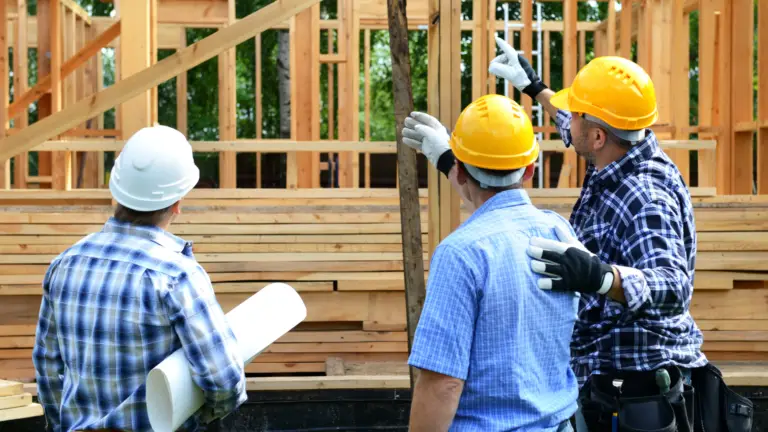Quality control in construction is an essential process that ensures a project is carried out to the highest standards and meets the client’s expectations. Every construction phase, from planning to completion, must undergo rigorous quality control to avoid costly issues, delays, and, most importantly, to ensure the safety and durability of the structure. In this comprehensive blog, we will explore in detail the importance of quality control in construction and how each stage contributes to project excellence.
To view AH Construction’s projects click HERE
1. Precise Planning: The Foundation of Success
Planning is the starting point for any successful construction project. This includes creating detailed specifications, assessing risks, and setting clear objectives. A well-conceived project plan sets the stage for effective quality control in later stages.
2. Detailed Design and Documentation
Before construction begins, plans and documents must be thorough and accurate. Any ambiguity or lack of detail can lead to misunderstandings and costly errors. Quality control at this stage involves a thorough review of documents to ensure they conform to local and national standards and regulations.
3. Selection of Quality Materials
Choosing the right materials is crucial for the durability and performance of the structure. Quality control involves verifying the authenticity and quality of materials, ensuring they meet required standards and specifications.
4. Evaluation of Suppliers and Subcontractors
Suppliers and subcontractors play a vital role in construction. Quality control involves carefully evaluating suppliers and subcontractors to ensure they have the necessary expertise and capability to meet established standards.
5. On-Site Inspections and Testing
As construction progresses, regular on-site inspections and testing must be conducted. This includes material testing, structural inspections, and verification of compliance with safety standards. Ongoing inspections are essential for detecting and correcting issues as they arise.
6. Change Management and Quality Assurance
As the project evolves, changes may arise. Quality control involves effective management of these changes to ensure they do not compromise the project’s integrity. This includes reviewing and approving proposed changes and updating documentation accordingly.
7. Post-Construction Quality Assurance
After project completion, quality must remain a priority. Post-construction quality control involves final inspections, performance testing, and ensuring the project meets client standards and expectations.
8. Staff Training and Certification
A critical component of quality control is the staff. Workers must be trained and certified in proper construction practices and procedures. Ongoing training ensures that work is done correctly.
9. Compliance with Standards and Regulations
Quality control in construction involves strict compliance with all local, state, and national standards and regulations. This ensures safety and the project’s legality.
10. Workplace Safety
Safety is an integral part of quality control. Workplace safety measures must be implemented and rigorously maintained to protect workers and prevent accidents.In summary, quality control in construction is an ongoing process that spans all stages, from planning to completion. It ensures that the project is carried out to the highest standards, meets client expectations, and ensures the safety and durability of the structure. Each step of the process contributes to project excellence and the satisfaction of all parties involved.
To view AH Construction’s projects click HERE




